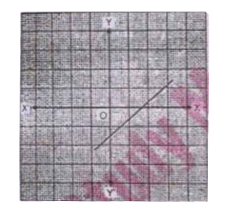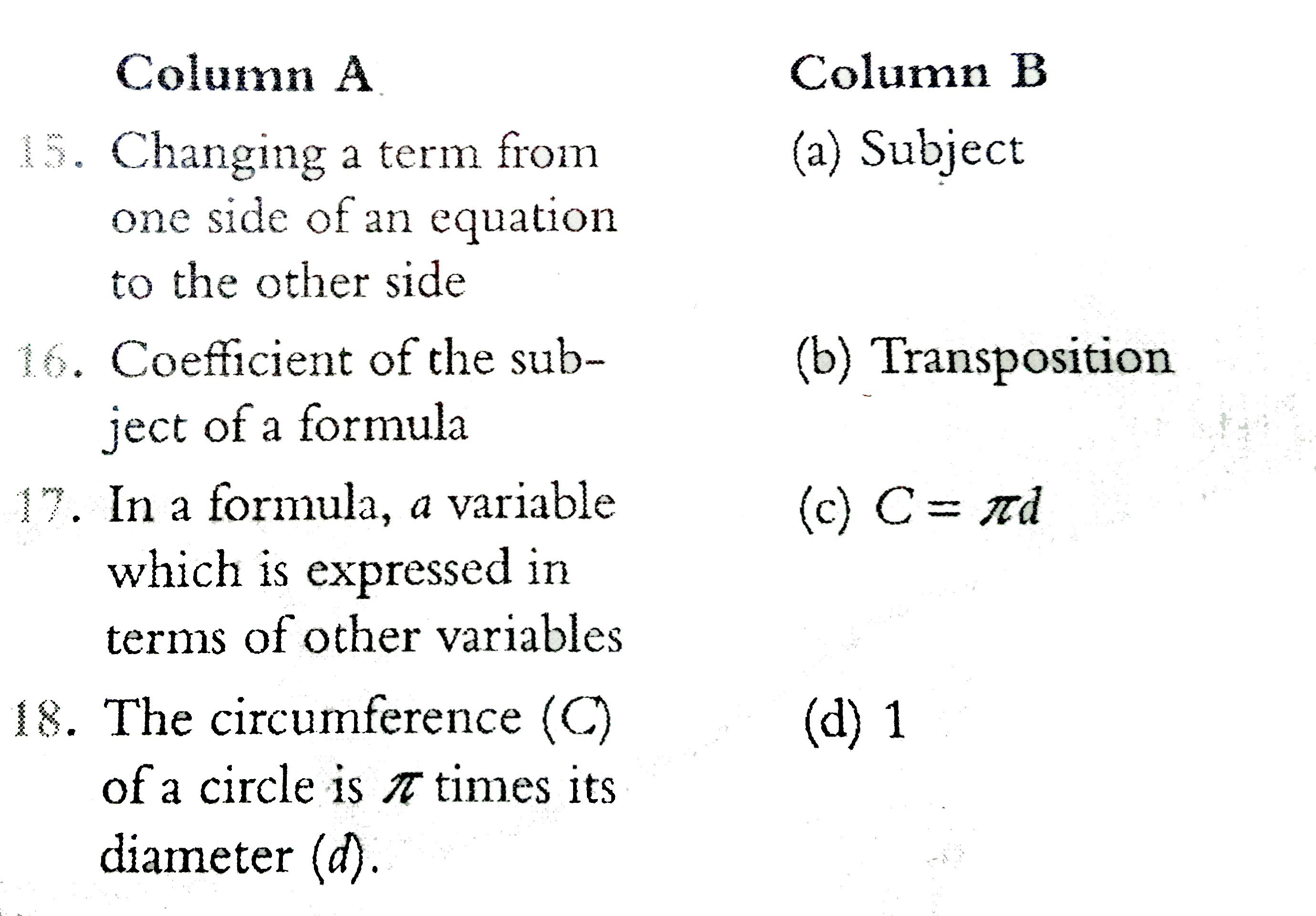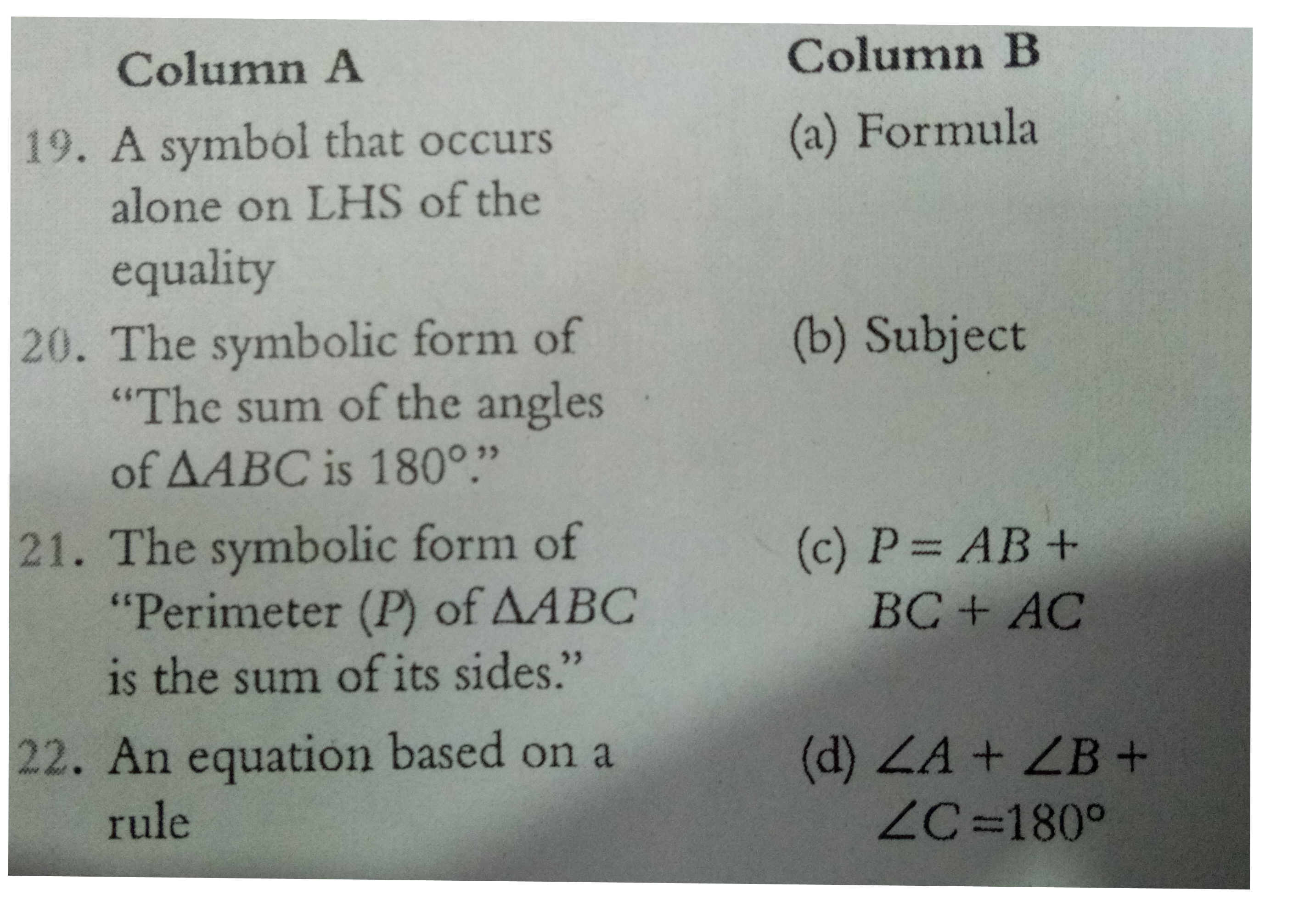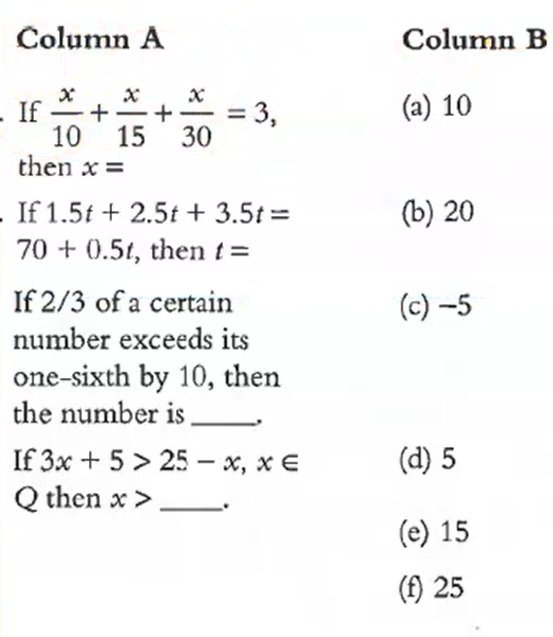निम्नलिखित चित्रों में y=p(x)के आलेख दिए गए है, जहाँ p(x) एक बहुपद है। प्रत्येक स्थिति में शून्यकों की संख्या ज्ञात करें।

The correct Answer is:चूँकि आलेख x-अक्ष को केवल एक बिंदु पर काटती है इसलिए शून्यांकों की संख्या 1 होगी।
Step by step video, text & image solution for निम्नलिखित चित्रों में y=p(x) के आलेख दिए गए है, जहाँ p(x) एक बहुपद है। प्रत्येक स्थिति में शून्यकों की संख्या ज्ञात करें। by Maths experts to help you in doubts & scoring excellent marks in Class 10 exams.
Topper's Solved these Questions
- BOOK - KIRAN PUBLICATIONCHAPTER - बहुपदEXERCISE - EXERCISE - 2.251videos
बहुपद
- BOOK - KIRAN PUBLICATIONCHAPTER - बहुपदEXERCISE - EXERCISE - 2.347videos
बहुपद
- BOOK - KIRAN PUBLICATIONCHAPTER - प्रायिकता या संभाविता EXERCISE - वस्तुनिष्ठ प्रश्न42videos
प्रायिकता या संभाविता
- BOOK - KIRAN PUBLICATIONCHAPTER - वास्तविक संख्याएँ EXERCISE - वस्तुनिष्ठ प्रश्न17videos
वास्तविक संख्याएँ
Similar Questions
x2−3 द्विघात बहुपद के शून्यांक ज्ञात करें और शून्यांक और गुणांक के बिच के सम्बन्ध की सत्यता की जाँच करें |
06:07View Solutionp(x)=2x3+3x+1 को q(x)=x+2 से भाग दें तो भागफल एवं शेषफल ज्ञात करें | क्या q(x),2x3+3x+1 का एक गुणनखंड है ?
02:11View Solutionदो सिक्के उछालने में दो पट आने के प्रायिकता है
01:31View Solution√2 है:
02:45View SolutionWhich of the following are correct chain isomers of butane ? (i)
02:17View SolutionDetermine the point of symmetry of a regular hexagon.
05:41View SolutionDtermine the images of the following figure about the given line :
02:10View SolutionMatch the following Column A to Column B
 02:17View Solution
02:17View SolutionMatch the following Column A to Column B
 02:10View Solution
02:10View SolutionMatch the following Column A to Column B
 01:13View Solution
01:13View SolutionThe inequation represented by the graph given below is :
01:50View SolutionThe inequation that best describes the graph given below is _________
01:49View SolutionThe inequation that best describes the following graph is _________
01:10View SolutionIn Fig, find the value of x.
ltimg src="https://d10lpgp6xz60nq.cloudfront.net/physics_images/PS_MATH_IX_C12_S01_032_Q01.png" width="80%"gt02:34View SolutionAt x=0, value of (dy)/(dx) is : ltimg src="https://d10lpgp6xz60nq.cloudfront.net/physics_images/ALN_PHY_R04_E01_024_Q01.png" width="80%"gt
01:44View SolutionAt point P, the value of (dy)/(dx) is : ltimg src="https://d10lpgp6xz60nq.cloudfront.net/physics_images/ALN_PHY_R04_E01_025_Q01.png" width="80%"gt
01:54View Solution

